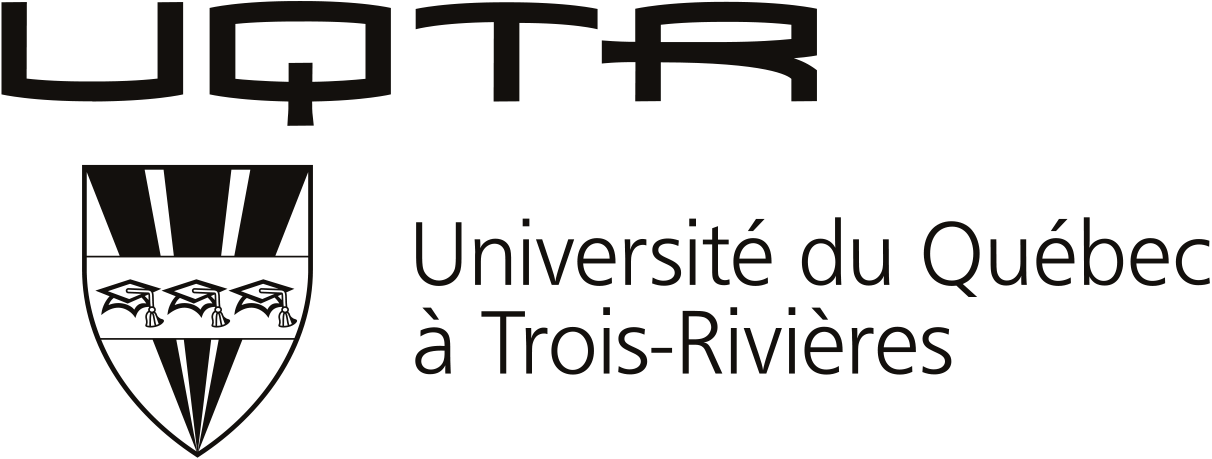Étude longitudinale du développement cognitif chez des enfants avec trisomie 21
Longitudinal study of the cognitive development in children with trisomy 21
Mots-clés :
Développement cognitif, Enfant, Étude longitudinale, Évaluation, France, Instrument de mesure, Trisomie 21, Cognitive Development, Child, Longitudinal Study, Evaluation, Measuring Instrument, Trisomy 21Résumé
Notre recherche étudie le développement cognitif des enfants ayant une trisomie 21 en adoptant une approche longitudinale. Sept enfants ont été évalués à l’aide des Échelles Différentielles d’Efficiences Intellectuelles à l’âge moyen de 7,6 ans et de 9,6 ans. Les analyses indiquent une évolution des habiletés cognitives variable selon les différentes échelles. Une progression significative dans le secteur du langage est observée, alors que les performances évoluent peu dans les secteurs catégoriel et non verbal. Cette étude suggère que les acquisitions des habiletés cognitives chez des enfants avec trisomie 21 se caractérisent non pas par un ralentissement simple du développement cognitif normal, mais par des profils individuels originaux qui peuvent être qualitativement spécifiés.
Abstract
The study aimed to assess the cognitive developement in children with Down Syndrome by adopting an longitudinal approach. Seven children have been assessed with the EDEI-R (Echelles Différentielles d’Efficiences Intellectuelles) at 7,6 years and 9,6 years. The analysis indicate an evolution of the cognitive skills variable according to various sectors’. Indeed, one notes a significant progression in the sector of the language whereas the performances evolve little in the catégoriel and nonverbal sector. This study suggests that acquisitions of the cognitive skills in children with Down Syndrome are characterized not by a simple deceleration of the normal cognitive development, but by original individual profiles which can be qualitatively specified.


